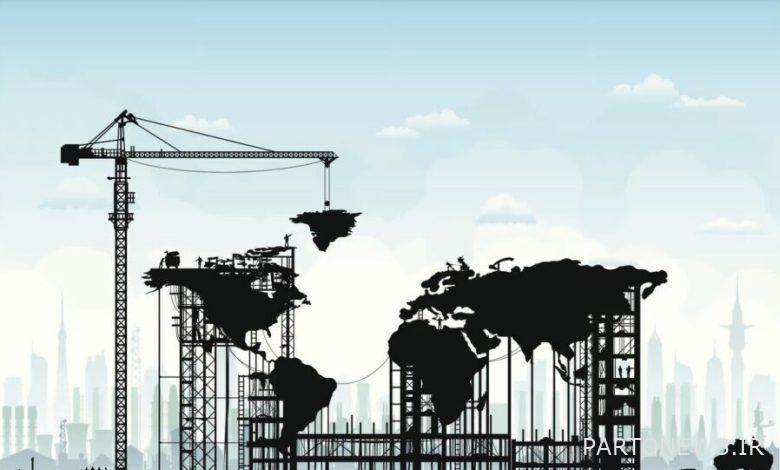Politico: New geopolitical blocs hold the world’s future

According to IRNA’s Sunday report, citing Politico magazine, the world is dividing into countless formal and informal groups that are changing everything from supply chains to reliability.
“Abishwar Prikash”, one of the founders and pioneers of the “Geopolitics” program at the Institute (CIF), (a consulting company based in Canada), who is the author of several books on this subject, has discussed how the geopolitics of the world is changing in his latest book.
In his new book titled “The World is Vertical; The Role of Technology in Remaking Globalization,” he states: While countries around the world are transitioning to electric vehicles, a new geopolitical bloc is forming in Latin America. which can be a new beginning for the whole world.
He called this growing trend the “Lithium Alliance” which has been taken into consideration by Mexico; A country that nationalized its lithium industry earlier this year. Mexico along with Argentina, Bolivia and Chile have the most lithium in the world and seek to manage and control its production. Meanwhile, according to trade observers, lithium is fast becoming one of the most vital commodities in the world. (Lithium is an element used in the production of semiconductors)
According to Prikash, the world is entering a vertical period and new geopolitical blocs are forming around the world, and as the world splits into multiple groups, these new blocs can change everything from supply chains to reliability.
Politico continues its report: In the meantime, the United States has proposed the “Chip 4” group in the Indo-Pacific region, which is an alliance consisting of Washington along with Japan, South Korea and Taiwan with the aim of creating a supply chain for chips. that they do not rely on China and can stop Beijing’s technological progress.
But the alliance came just as China’s largest chip maker International Semiconductor Manufacturing Co. unveiled an advanced bitcoin mining chip in defiance of US sanctions.
At the same time, in the Middle East, Israel and the UAE, together with India and the United States, jointly launched a group called “I2U2” in the summer of this year, whose main focus is on water security, energy, transportation, space, health and food. .
In Central Asia and in Kazakhstan, while this country seeks to redesign the flow of physical and digital trade across Eurasia, China is building the “Northern Corridor” under the title “Belt and Road Initiative” that will connect Asia and Europe through Russia and Belarus connects.
However, since the war in Ukraine has destabilized this corridor, Kazakhstan has proposed another route that would connect Asia and Europe through Turkey as part of the Belt and Road Initiative.
Of course, this has created a new mystery for the US, which wants Russia to separate from Europe, although this situation can draw European companies even more towards China.
Therefore, with the emergence of new blocs, the world is rapidly moving away from the situation of “one group for all” and moving towards multi-polarization; A situation that creates a big shock for governments and businesses.
For example, many of these new exclusive blocs created by the US no longer include Washington’s long-standing allies such as Canada, France, or Germany, and the US is instead looking to increase its allies in the Indo-Pacific region and thus for its Middle East partners. He creates a problem for himself. This has created a challenge for America’s former allies in the Middle East whether to stay with Washington or try their luck elsewhere.
Finally, while all eyes are on the West or Asia, Africa is now also in the spotlight and the African Union (AU) recently held its third Deglobalization Day.
Observers believe that although the global economy has been borderless for decades, a new alignment is underway that will divide the world along new fault lines. Many of these faults are ideological, which is a huge change from recent decades, at a time when ideology seemed to be disappearing.
But in the near future, several blocs will compete to rule the world, and these blocs will eventually have to get along and coexist while finding creative ways to bring countries and companies into their alliance. But the question is, how far will these blocks go to implement their ideas? And what happens after forced coexistence?

